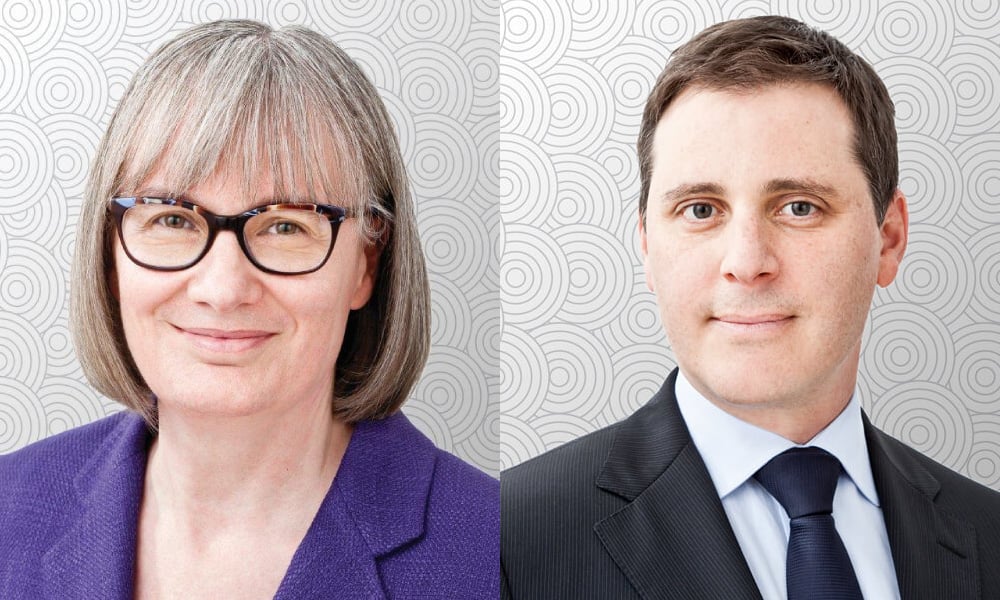
Program's case conferences help self-reps prepare for court, say lawyers

A family law alternative dispute resolution program, already introduced at Superior Courts throughout most of the Greater Toronto Area, will be expanding to Kitchener, Welland and Kingston, Ont.
The Dispute Resolution Officer Programs provide a neutral third-party to conduct a case conference with litigants in family disputes prior to their first court appearance. The programs are limited to handling motions to change an existing court order concerning child and spousal support. The Dispute Resolution Officers (DROs) do not have authority to make orders, but will evaluate the case, help the parties narrow the issues in dispute and try to facilitate a settlement.
“The idea is to have early intervention by a senior lawyer to try to assist in resolving cases at as early stage as possible… It’s essentially a mediation session,” says Sarah Boulby, family lawyer and partner at Boulby Weinberg LLP.
Dispute Resolution Officers are senior family lawyers appointed by the Regional Senior Judge and the Senior Family Judge. The programs have been introduced in Toronto, Newmarket, Brampton, Durham, Barrie, London, St. Catharines and Hamilton, but have been out of operation during the COVID pandemic.
While over half of family law disputes involve at least one self-represented party, the DROs are a resource to those appearing without a lawyer.
The DRO will help self-reps to properly compile the necessary materials before they are in front of a judge and can refer them to court-connected services or alternative dispute services, says Oren Weinberg, also partner at Boulby Weinberg LLP.
“I think that judges appreciate the program, because it takes some of the weight off of them… We have a crisis in this province with access to justice. People are self-represented and they can't afford lawyers,” he says. Weinberg was selected to become a DRO for Toronto and Newmarket last year but has not begun because of COVID’s disruption of the programs.
The 2019 annual report from the Office of the Auditor General of Ontario found the Dispute Resolution Officer Program had saved $355,000 that year from the nine Superior Court locations at which it was operational. There are 52 Superior Court locations and the Auditor General said the program could increase cost savings if expanded.
Boulby agrees.
“It's been hugely successful in diverting cases into settlement in an early stage, and in sorting out problems that otherwise might make cases more litigious or more difficult to handle before the judge even gets to them,” she says.
Some lawyers complain that the programs impose an additional, unnecessary step and added expense, says Boulby.
“That might be true in the in the odd case. But I think perhaps, as lawyers, we should be willing to make the effort,” she says. “Because even if the two lawyers on the case think that there's no chance of resolving any issue, that may not be so when the parties are actually in court and they're sitting down with an objective third party.”